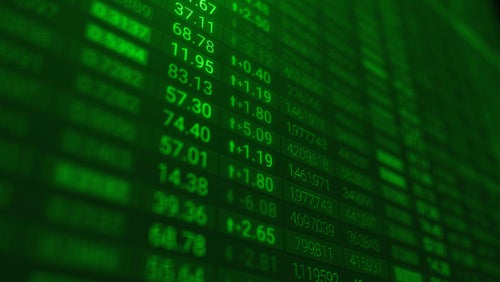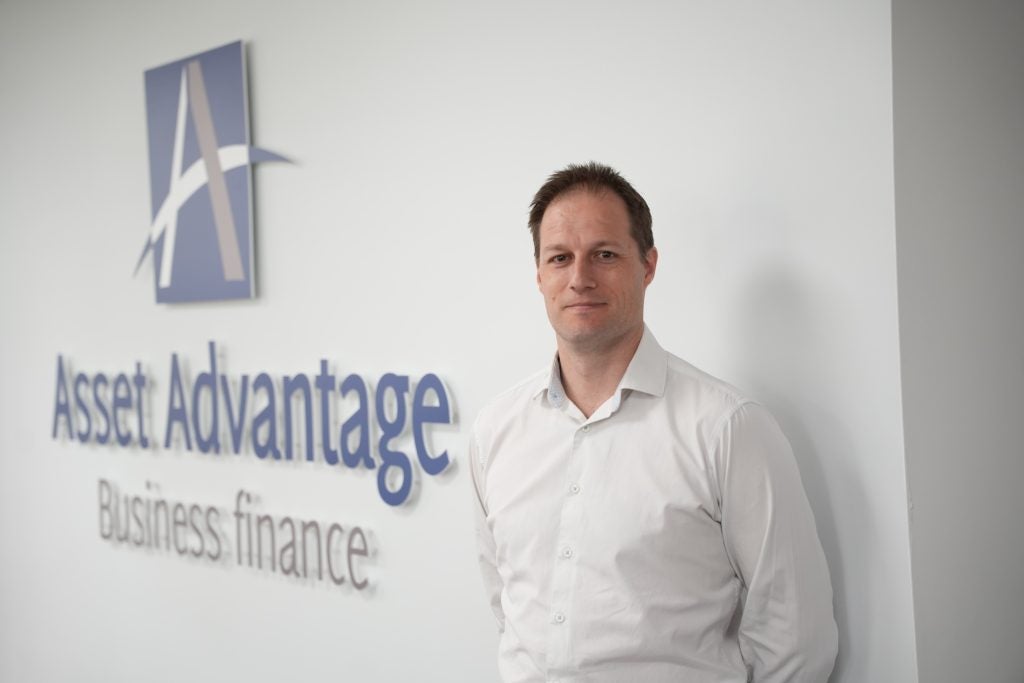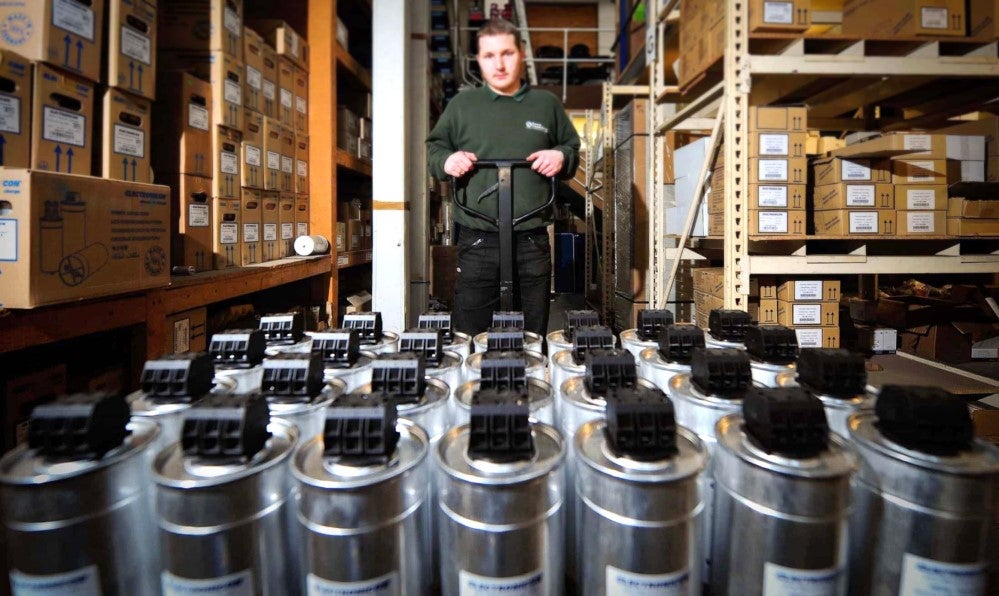Isabelle Loc, CEO of BNP Paribas Leasing Solutions, says it’s no longer enough just to say you’re green or even just to be green – you need substantive proof in the form of verifiable commitments and targets.
Europe is striving to become the world’s first carbon-neutral continent, a lofty ambition, grounded in necessity and backed by science. It’s a shift that is now non-negotiable. We must make a just transition to a more sustainable economic future. Making this happen will require a total system overhaul and serious funding.
One-third of the €1.8 trillion investment from the pandemic recovery plan, and the EU’s seven-year budget is pledged towards financing the European Green Deal, which enshrines a set of ambitious targets that will ensure there are no net emissions of greenhouse gases by mid-century and economic growth is decoupled from resource use.
But government money alone won’t get this over the line. Policymakers are now actively focused on the contribution that corporate society can make, and the mechanics of how Europe will make this plan a reality, are now coming to the fore.
The EU Green Deal is the EU’s roadmap towards sustainable growth, and one of its major building blocks is the Circular Economy Action Plan, a policy programme designed to reduce pressure on natural resources, change our production and consumption habits, and minimise waste. Underpinning these plans is a series of major legislative changes designed to ensure that the business community is aiming its influence, purchase power, and impact in the right direction. And that consumers have access to clear and transparent information about how to use their purchase power for good.
The European Commission recently adopted the Corporate Sustainability Reporting Directive, dramatically increasing the number of companies with a European presence that are required to report their sustainability performance and extending the scope of what is included within that reporting. For the first time, businesses will be required to disclose their circular economy performance from 2025, reporting on the year 2024, which means the strategy, operational processes, data capture, and reporting structures need to be put in place in 2023. Now. Yesterday, even.

US Tariffs are shifting - will you react or anticipate?
Don’t let policy changes catch you off guard. Stay proactive with real-time data and expert analysis.
By GlobalDataYet research from the World Benchmarking Alliance shows that while 77% of European companies mention the circular economy in their reporting, only 22% include one or more of the metrics that are required by the Corporate Sustainability Reporting Directive.
Alongside these new reporting requirements are proposed amendments to the Unfair Commercial Practices Directive, which prevents companies from making misleading environmental claims, or as it’s more commonly known, greenwashing. It comes after findings by the European Commission that of 150 claims about products’ environmental characteristics 53% provided “vague, misleading or unfounded information”.
It’s no longer enough just to say you’re green or even just to be green – you need substantive proof in the form of verifiable commitments and targets, and transparent, language across all reporting, labels, marketing, and social media. Companies will need to act fast to comply with new regulatory and reporting landscape and ensure their operations are compliant and future fit.
It’s clear there is a big task ahead but like in the pandemic when workplaces became digital overnight, the private sector has shown it has the agility, speed, resilience, and drive when responding to a crisis. This will be no different.
Leasing has an important role to play in helping businesses to implement systems and processes that aid the circular transition. It’s a transition worth making, with the circular economy tipped to unlock $4.5 trillion in economic growth by 2030.
Leasing is inherently circular. It promotes the idea of asset use over ownership. The benefit of adopting such ‘product-as-a-service’ models is that responsibility for the asset remains with the equipment owner, which means in-life asset management and end-of-life disposal policies are strategic considerations from the outset to maximise economic and environmental returns.
Product-as-a-service models also integrate better data management capabilities that track the use, health and maintenance needs of assets. Data-driven models like this help businesses make better decisions about how they manage their assets, from commission to decommission.
But that’s not all. Climate change is happening fast, and the legislative landscape is changing just as quickly as policymakers rush to respond across a range of areas, not just the circular economy. Leasing and product-as-a-service models give organisations the flexibility to adapt quickly as the landscape changes, scaling up green assets to meet new demand.
Take low-emission zones, which are rapidly popping up in cities around the world, as an example. As new regulations are put in place to limit access to low-emission vehicles only, businesses are being forced to upgrade and replace their fleets, as well as invest in related infrastructure like charging stations.
An operational change of that magnitude, forced by new legal requirements that are often outside an organisation’s control, can be a costly exercise and have significant budgetary implications. But with product-as-a-service, businesses can acquire the assets they need without making a significant dent in capital reserves, remain agile in a changing environment and secure financial predictability.
The EU has put its stake in the ground, setting its sights on continent-wide carbon neutrality. Now, businesses must do the same. But achieving a sustainable transition doesn’t have to be all pain and no gain. Those with the biggest, brightest ambition might just seize the greatest opportunity.
By implementing smart, flexible operating models, like product-as-a-service, organisations are declaring their intent to shape their business for the future and embed flexibility, predictability, transparency, and sustainability across their operations. Compliance is important, but meeting these new legislative requirements can deliver much more, as businesses play an active role in creating a resilient economic future.
Authorities are key to easing liquidity pressure on European banks








